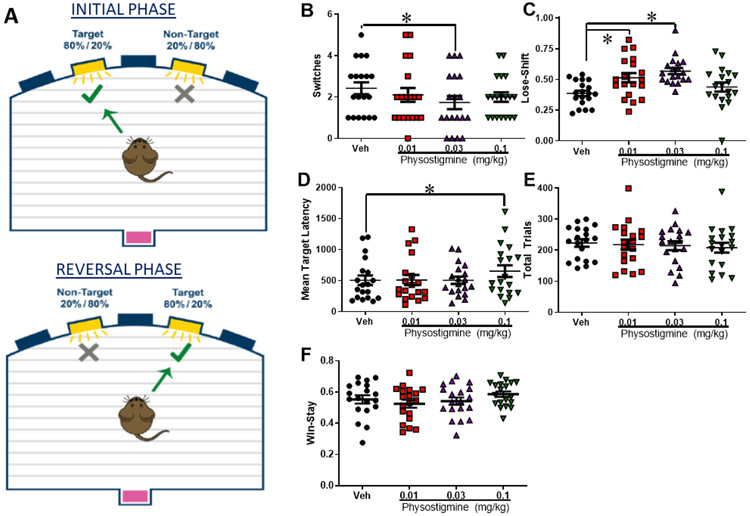Figure 1: Physostigmine induced cognitive inflexibility driven by increasing punishment sensitivity.
Female and male C57BL/6J mice (n=10 and 9 respectively) were trained in the probabilistic reversal learning task (PRLT) diagrammed in (A). The effects of the acetylcholinesterase inhibitor physostigmine on performance was then assessed in a within-subjects design analyzed using a repeated measures ANOVA. Physostigmine impaired cognitive flexibility as measured by switches at 0.03 mg/kg (F(1,17)=4.7, p<0.05, B). This effect was driven by physostigmine-induced increases in punishment sensitivity (F(3,51)=7.6, p<0.0001), at both 0.01 and 0.03 mg/kg (D). Only the highest dose slowed latency to choose target stimuli (F(3,51)=3.4, p<0.05, C), while no effect of drug was seen on total trials completed (NEEDS STATS, E). Data presented as individual data points, mean, ±S.E.M., *=p<0.05 as indicated.

